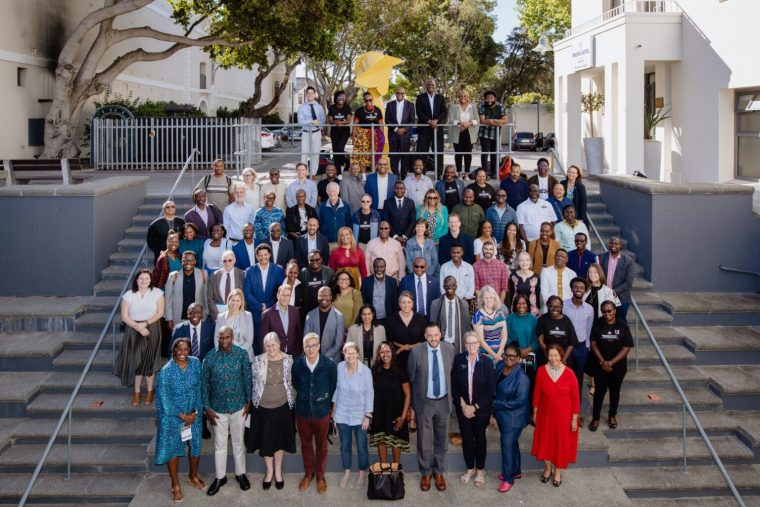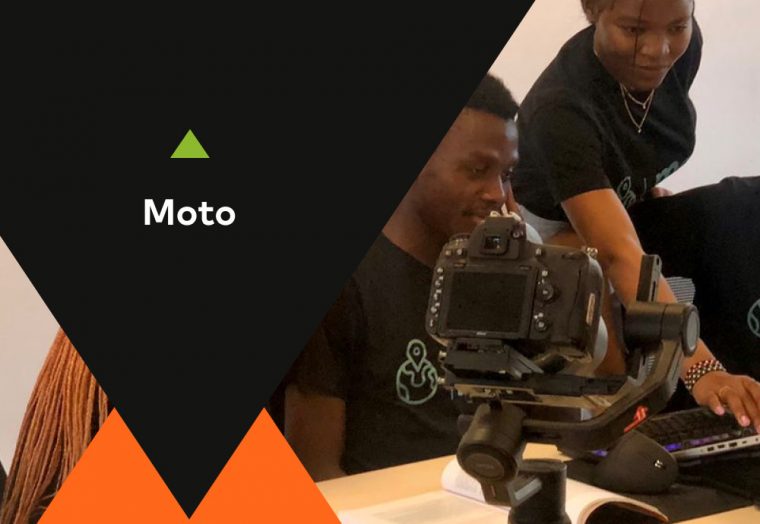The Health Entrepreneurship (HENT) Challenge’s first cohort is getting ready for their upcoming visit to Toronto, where they will continue their implementation phase through activities targeting business development, expanding entrepreneurial networks and facilitating exposure to potential investors.
In the meantime, the HENT Communications team caught up with the ventures from the first HENT Challenge cohort to learn more about the origins of their companies, what they’ve learned to date, and what is coming up next…
Venture Spotlight: MOTO
The Health Entrepreneurship (HENT) Challenge’s first cohort is visiting Toronto this summer, where they are continuing their implementation phase through activities targeting business development, expanding entrepreneurial networks and facilitating exposure to potential investors.
The HENT Communications team caught up with the ventures to learn more about the origins of their companies, what they’ve learned to date, and what is coming up next…
MOTO
While experiencing difficulties with accessing healthcare during medical emergencies on campus, the lack available ambulances left MOTO Co-Founders struggling to get the care they needed. Together, these students (Nomboh Evans Kunchu, Busisiwe Magae, Ruth Nyarindo, Samkeliso Dlamini, Caleb Ndunda, Shaun Oodoomansaïb, and Frankline Misango) were inspired to create MOTO, a quick and affordable solution for individuals experiencing minor medical emergencies, especially for those in remote and under-served areas.
MOTO provides a platform that allows individuals to easily call first-aid trained taxi drivers to attend to minor medical emergencies. Their solution results in care arriving ten times faster than an ambulance. MOTO provides an alternative to traditional ambulance services and healthcare facilities, making it more convenient and affordable for individuals who need medical attention.
Showcasing impressive growth, MOTO completed nearly 2000 transfers using two taxi-ambulances in their first year and a half of operation and were able to obtain a 14% profit margin for re-investment into the company for further growth.
Marketed towards individuals who live in areas where there are few healthcare facilities or who have difficulty accessing traditional healthcare services due to mobility or transportation issues, MOTO aims to make healthcare more convenient and accessible for all.
What is the accomplishment to date that your team is most proud of?
Among the many things that our MOTO team is proud of, one
that stands out is the incorporation of our venture in Mauritius. This has given us a legal framework upon which we can use to build and scale our idea, working towards a global reach.
If you could give advice to another founder getting started, what would that be?
It takes an “A” team to make the most basic idea work in an extraordinary way. Spend substantial time building a quality team.
Looking forward, MOTO is working on making their application more comprehensive in health services. This will allow users to reserve appointments with healthcare professionals who can provide medical consultations via video calls, or in-person visits at the patient’s location. MOTO will also offer a service where prescriptions can be uploaded onto their site, to which a MOTO driver will deliver the required medication in a timely manner. To assist in this growth, the MOTO team is working to onboard 20 drivers a month in their second year, expand to Rwanda, and offer service to cover 9000 people with a 1:250 taxi to person ratio.
You can learn more about MOTO by visiting their website.

You can learn more about MOTO
More News & Events
Skip scroller content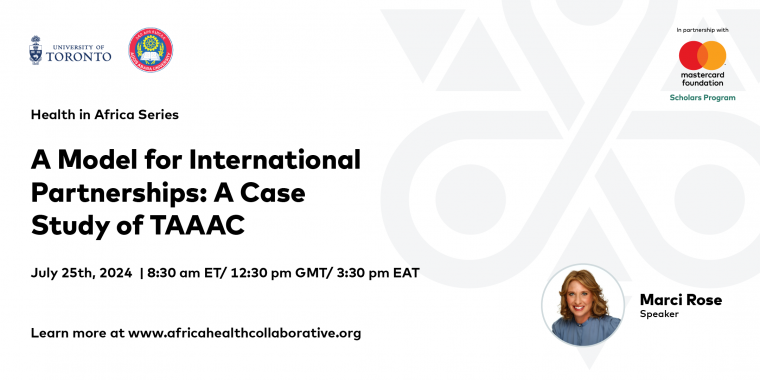
A Model for International Partnerships: A Case Study of TAAAC
The University of Toronto and Addis Ababa University are pleased to invite you to the next episode of the Health in Africa series discussing A Model for International Partnerships.
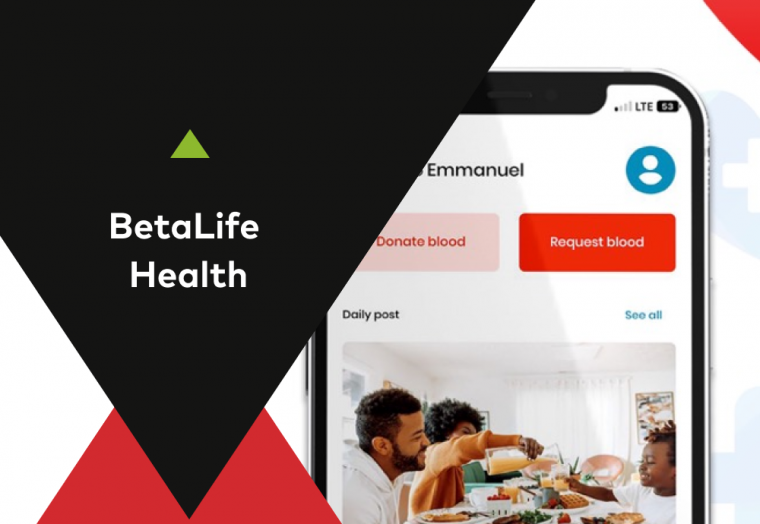
Venture Spotlight: BetaLife Health
BetaLife Health uses artificial intelligence (AI) to revolutionize blood supply management across Africa. Their platform uses predictive analytics to optimize blood inventory levels, distribution logistics and donor engagement, thereby improving the timeliness and availability of blood for transfusions.
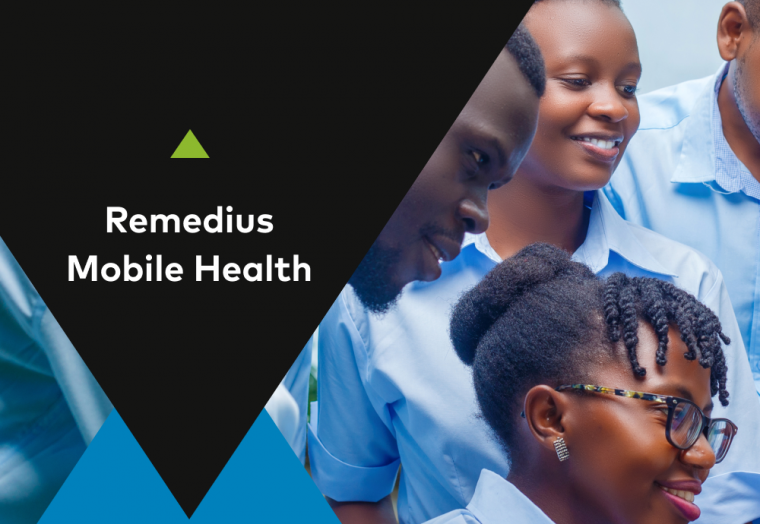
Venture Spotlight: Remedius Mobile Health
Remedius Mobile Health aims to combat the identified problems by leveraging telemedicine through the Remedius Live platform. They seek to provide fast virtual appointment scheduling with doctors and specialists at affordable rates of about five dollars and provide comprehensive care to chronically ill patients. This is executed through an integral network of facilities that provide physical care to these patients if need arises.

Venture Spotlight: Powerstove Energy
Powerstove designs and manufactures smart smoke-free cookstoves that also self-generate electricity for users to charge their mobile phones and power home appliances using proprietary renewable bio-pellets as fuel. These sustainable, mosquito repellent bio-pellets are produced from post-harvest crops and wood waste.
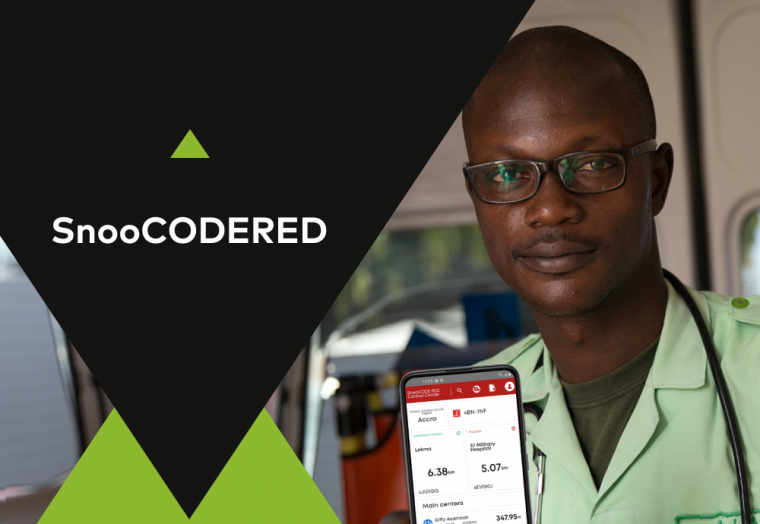
Venture Spotlight: SnooCODERED
SnooCODERED aims to solve the problem of inadequate healthcare infrastructure (systems, facilities and human resources) in Africa. It is doing this by providing a suite of cost-effective mobile healthcare logistics applications that democratize access to the ambulance or first aid response, facilitate the delivery of medical supplies to diverse populations, and improve contact tracing and epidemiological modelling.
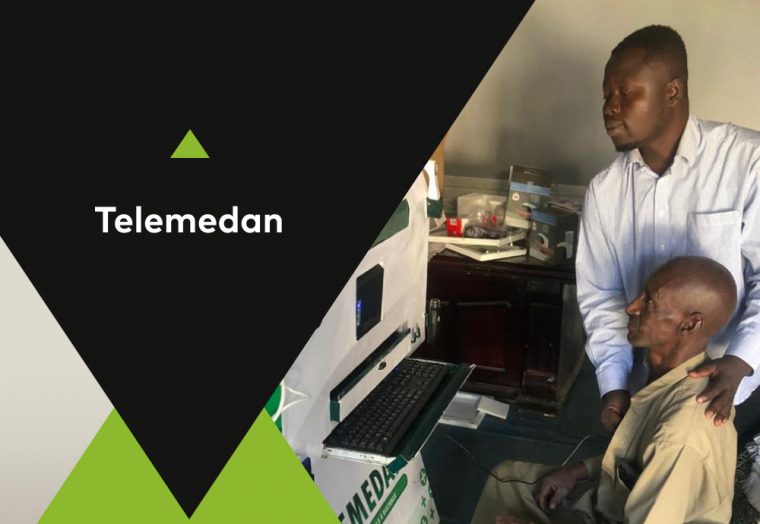
Venture Spotlight: Telemedan
Telemedan creates telemedicine kiosks in underserved communities in order to move toward closing the healthcare accessibility gap. Their kiosks facilitate video conferences between patient and doctor. They are equipped with medical devices for taking vital signs, such as ECG analysis, temperature measurement and blood oxygen saturation. Further, they feature stethoscopes, dermascopes, an HD camera and a scanner for the easy sharing of documents and lab results. With a focus on ease-of-access, Telemedan’s kiosks are user-friendly and accessible to those of varying levels of technology literacy.
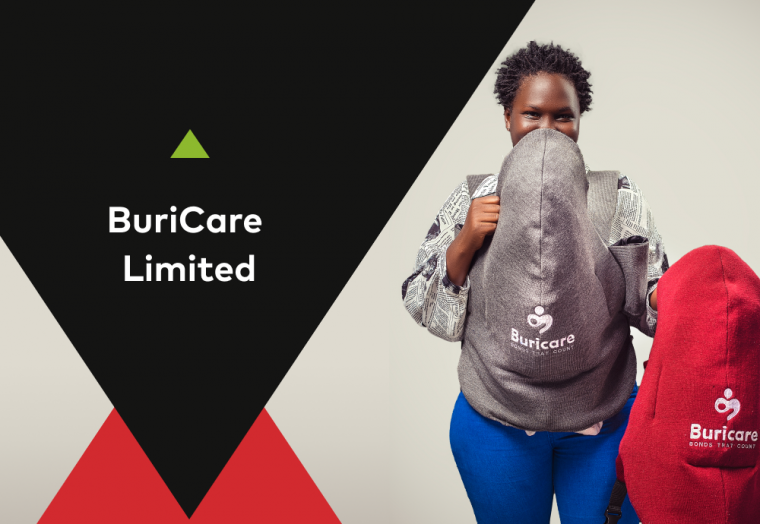
Venture Spotlight: BuriCare Limited
BuriCare Limited has launched their Kangacare baby carriers, designed to address the critical need for newborn care, especially in regions lacking adequate neonatal facilities. With only four Neonatal Intensive Care Units available in their country, Kangaroo Mother Care emerged as a cost-effective solution, promoting vital skin-to-skin contact between mother and newborn to regulate body temperature. These locally knitted carriers are equipped with essential sensors capable of monitoring the baby’s temperature, pulse rate, and oxygen saturation. In the event of any abnormalities, an alarm alerts the mother to seek immediate assistance.
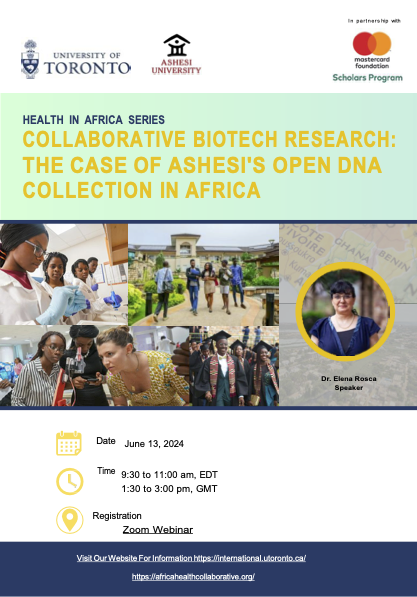
Collaborative Biotech Research: The Case of Ashesi’s Open DNA Collection in Africa
The University of Toronto and Ashesi University are pleased to invite you to the next episode of the Health in Africa series discussing Collaborative Biotech Research: The Case of Ashesi’s Open DNA in Africa.
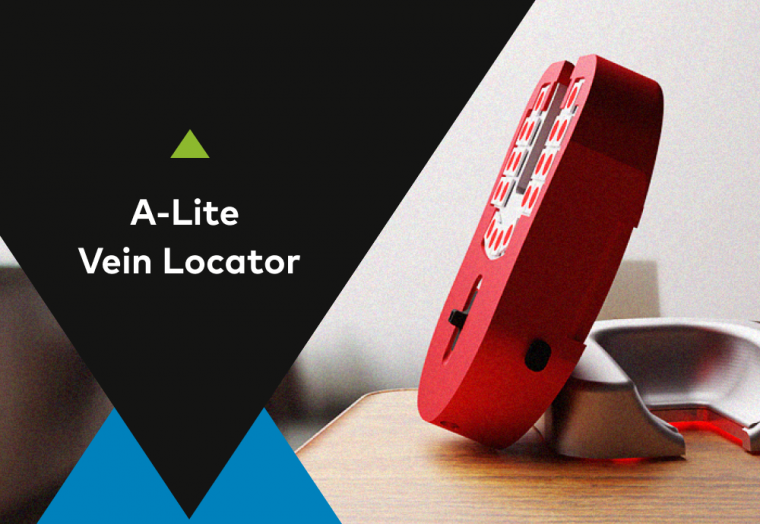
Venture Spotlight: A-Lite Vein Locator
The A-Lite Vein Locator is a medical device that facilitates the non-invasive detection of veins under the skin. Using the A-Lite Vein Locator shortens cannulation time by up to 88.5 seconds and lowers the risk of needle-stick injuries and infections. Further, the use of the A-Lite Vein Locator has been shown to decrease medical waste and unnecessary use of clinic resources.
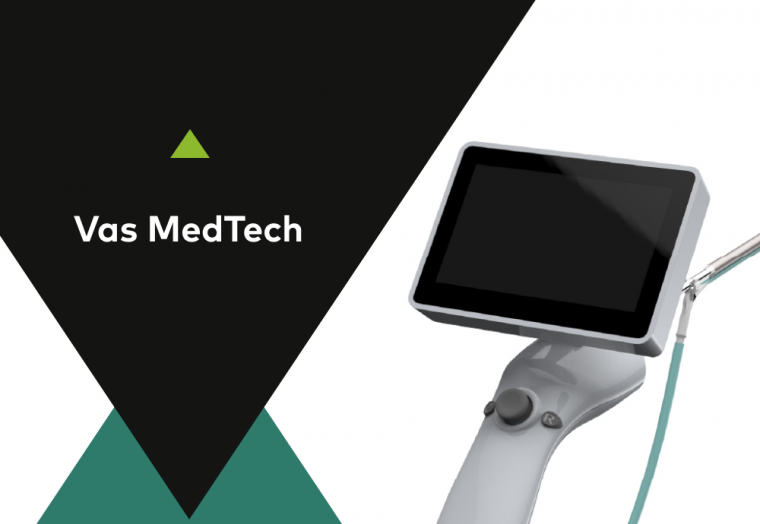
Venture Spotlight: Vas MedTech
Vas MedTech offers FlexiGyn, a portable, user-guided, and minimally invasive diagnostic camera that can operate in less specialized settings. This innovation is not only cost-effective, but also enhances accessibility. FlexiGyn enables community primary healthcare providers, such as nurses and general practitioners, to perform initial screenings and seamlessly consult with gynecologists for further diagnosis and referrals. FlexiGyn aims to make comprehensive women’s health care more accessible and convenient than ever before, thus addressing a global disparity in women’s health services.
